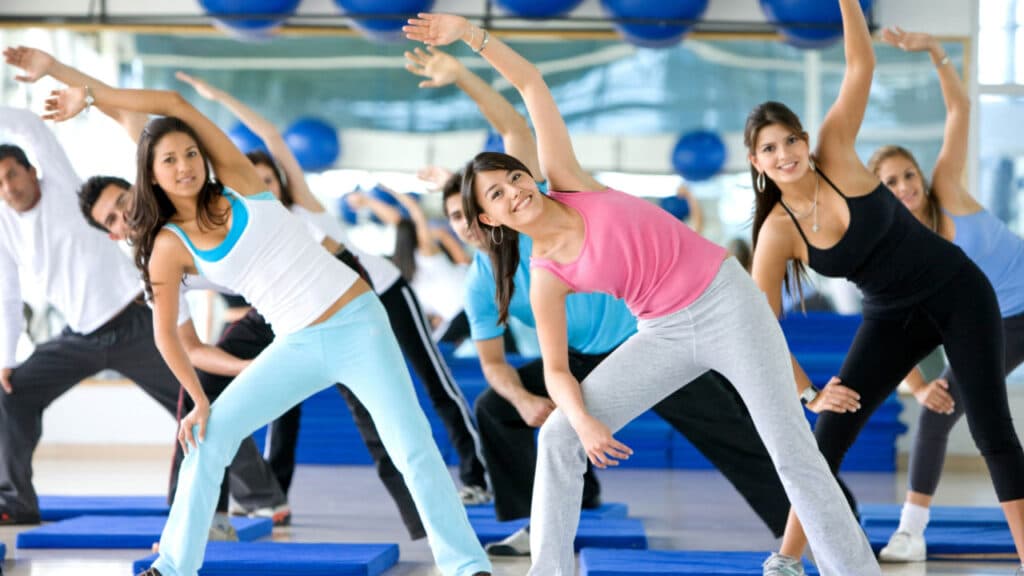It’s one of the great challenges of education: How do you keep students (mostly children, but sometimes adults, too) focused and performing at their best? If you’re going to school every day, generally for hours at a time, it gets pretty tiring. No one’s going to put in their best performance in every single class.
That’s why things like recess and non-academic classes (such as physical education) are so important. Research suggests (https://www.ncbi.nlm.nih.gov/books/NBK201501/) that daily physical activity can also impact your daily cognitive performance. You can improve your mental health by improving your physical health, and both can happen every day.
Some of the most important academic subjects, like reading and math, require a particularly high degree of executive function. That means the brain needs to be able to concentrate, plan and remember things. These are the skills that may particularly benefit from rigorous or even moderate physical activity.
When you think about it, it makes sense that people in better physical health will also do better mentally. Sometimes, though, especially in a school setting, the focus on academic achievement can lead to other aspects of learning being pushed aside. Paradoxically, it seems that taking breaks from academics can actually make your academics better.
We all know exercise is important for our physical health. It makes your heart and lungs work better; it builds muscle and increases flexibility; and it reduces the risks of high blood pressure, high cholesterol and diabetes, among other conditions. It’s not like we’re dismissing the role of exercise.
There’s also plenty of evidence exercise is good for our mental health. The endorphins released by physical activity can boost your mood, alleviating some symptoms of depression or anxiety. That’s something that’s likely to improve your ability to focus on lessons and generally help you manage your life a lot better.
This isn’t just about mood, though. It’s about the ability of the brain to carry out tasks. If you’re studying all day, you need to take care of your physical health at the same time. With that in mind, anyone who is trying to teach academic subjects, especially to children, needs to incorporate breaks and physical activity into their lesson plans to maximize productivity every day.
The brain is a physical part of the body. It needs to be taken care of, like all the other muscles and organs.




